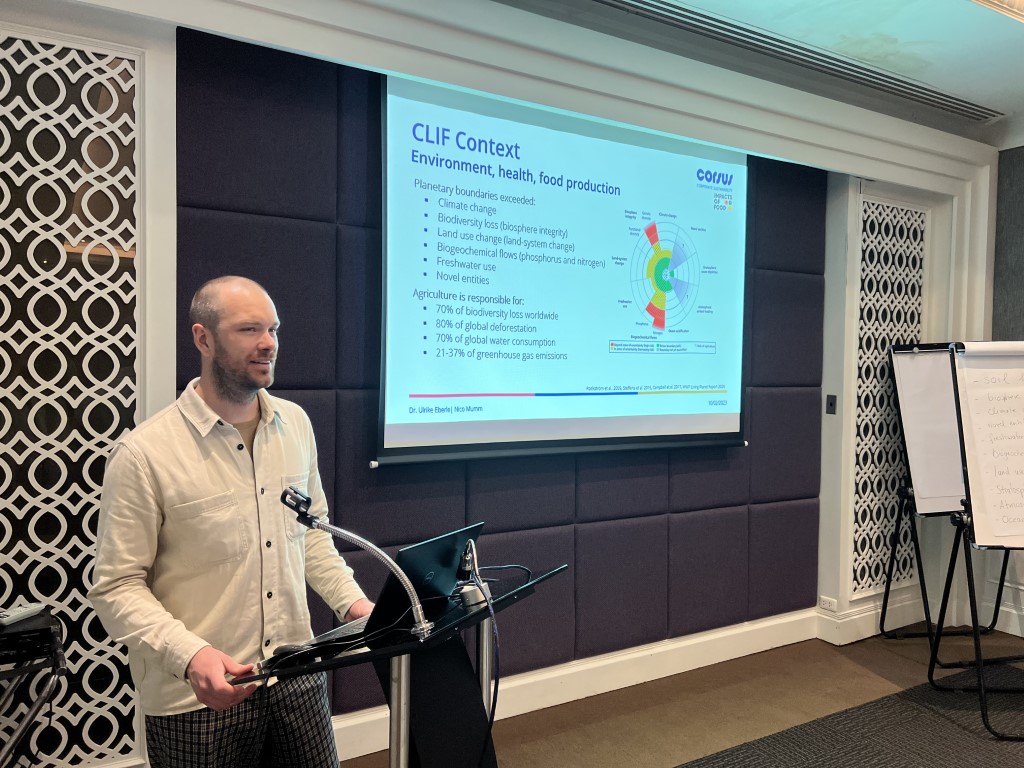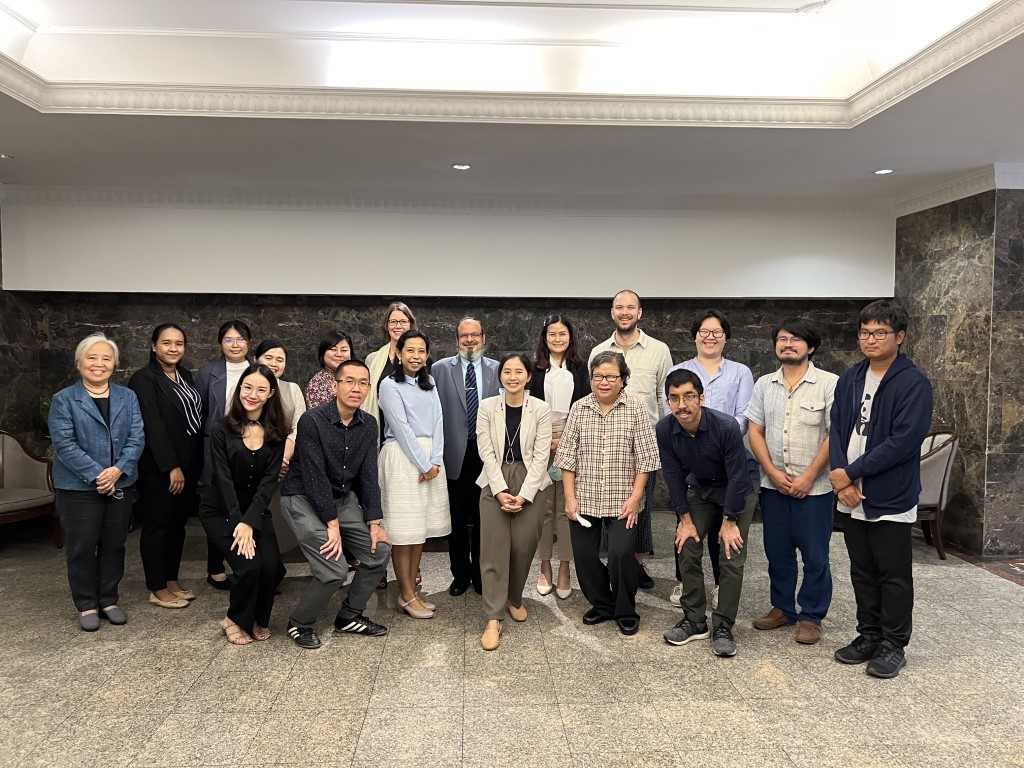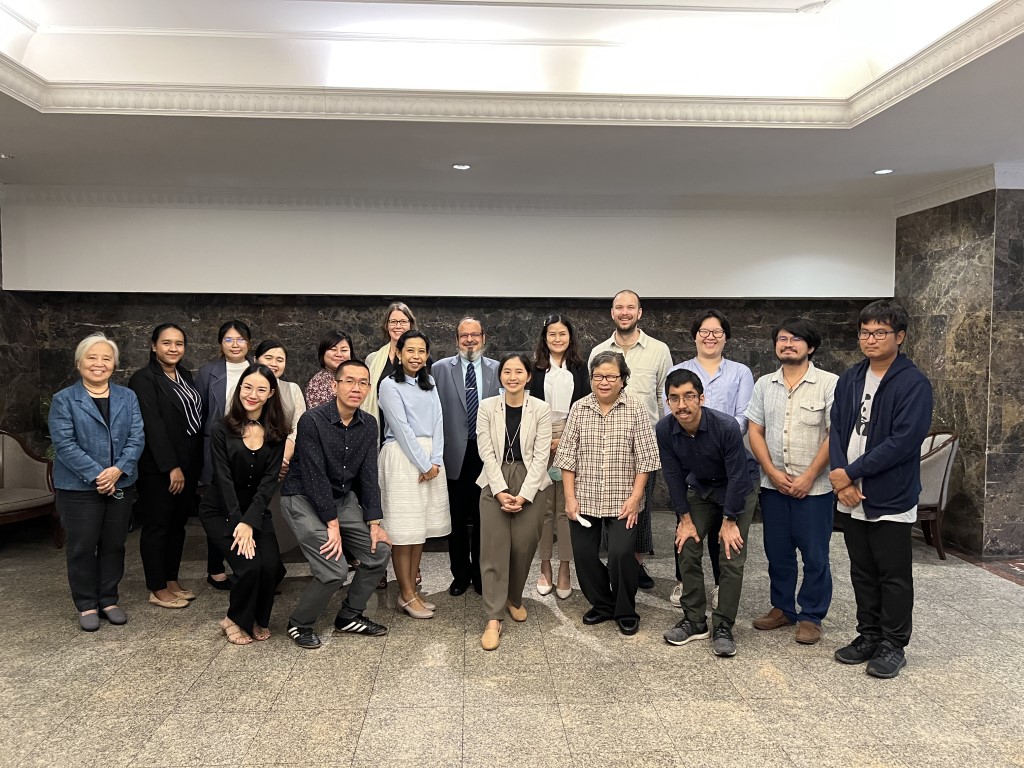On Friday last week, Dr. Ulrike Eberle and Nico Mumm from corsus conducted a workshop with Thai experts from NGOs, food processing, agriculture, hotel industry and science in the framework of the CLIF project with the support of WWF Thailand. The aim of the workshop was to identify the most relevant environmental impacts associated with food production and consumption in Thailand. The workshop in Thailand, along with workshops in Germany, Paraguay, and South Africa forms a basis for the Foot Impacts Toolkit (FIT) that corsus is developing as part of CLIF.

In order to identify the key environmental impacts of food production and consumption in Thailand, it is first important to better understand the Thai food system. To do this, we worked in groups to look at the environmental impacts associated with food in Thailand from a consumption perspective and from a production perspective. Distinguishing between these perspectives is important because there are many crops grown in the country that are not produced for the domestic market but are exported. It was exciting to hear that Thailand achieves a self-sufficiency rate of 120-150 percent. Equally interesting was the discussion of Thai food “ecosystems,” which are divided into indigenous, rural, and urban ecosystems and differ in terms of their environmental impact, but also in terms of food literacy. While the indigenous food ecosystem is in harmony with nature and nutritional competencies are high, the urban food system is often based on convenience products and oriented towards Western and Japanese diets.
The outcome of the workshop was that soil health and land use change are considered the two most important environmental issues associated with food production in Thailand – followed by climate impacts and biodiversity loss.
The findings from the workshop, together with the findings from the other country workshops, contribute significantly to the foundation on which corsus is developing FIT. The further basis for FIT is the methodological findings from the life cycle assessment case studies that are being conducted in the four regions. FIT is a tool that will provide information on the environmental impact of food in different national contexts for consumers as well as for retailers and out-of-home consumption. This information will then be made available in a communication tool to be developed by WWF Germany.

